המשבר מול עזה יחייב את ישראל לחשיבה מחודשת מבחינה פנימית, אזורית ובינלאומית על מנת להימנע מלחזור על אותן טעויות ולקדם את האינטרסים הישראלים.
אחד האתגרים הראשונים של ממשלת ישראל החדשה יהיה המשבר המתמשך ברצועת עזה. התנהלות חמאס אינה צפויה להשתנות במידה משמעותית בעתיד, ובעקבות מבצע “שומר החומות” על ישראל להפיק לקחים על מנת להימנע מחזרה על אותן טעויות בציפייה לתוצאה שונה.
לקח 1 – יש לשאת ולתת. המשא ומתן צריך להתנהל בדיסקרטיות, מול המתווך המועדף, בהקדם האפשרי. במשבר האחרון היו שני גורמים אזוריים שניסו לתווך בין ישראל לחמאס במטרה להגיע להפסקת אש. ראשית המצרים, שעמדו בקשר עם שני הצדדים בהסלמות קודמות, וכן הקטארים, שתמכו במשך שנים בחמאס בגלוי בכך שהעבירו לו מימון, בהסכמת ישראל או בסתר.
למרות עוינותה של מצרים כלפי חמאס כמייצגת של תנועת האחים המוסלמים, הסכסוך בעזה יצר הזדמנות נדירה שבה גם למצרים וגם לחמאס נוצר אינטרס משותף לסיים את הלחימה, כל אחד מסיבותיו הוא. מצרים רואה בכל סכסוך מזוין בין ישראל לחמאס גורם שעלול לעודד תסיסה פנימית במצרים. זאת עקב הסכם השלום השנוי במחלוקת שלה עם ישראל ולנוכח האפשרות שהסכסוך יחזק את מעמד תנועת האחים המוסלמים, אויבתו המושבעת של המשטר בקהיר. מסיבה זו, אין ניגוד אינטרסים בין מצרים לישראל כאשר ישראל תוקפת ומסיבה אבדות קשות לחמאס.
מנגד, קטאר – מגינת האחים המוסלמים – רואה בעימות בין ישראל לחמאס הזדמנות למצב את עצמה כמתווך בינלאומי, ובמקביל למנוע פגיעה נוספת בחמאס, בן חסותה. עם זאת, היכולת המצרית (והקטארית, ככל שהיה עניין בכך) לא הועמדה במבחן בשלבים הראשונים של הסכסוך, כאשר חמאס איים בגלוי על ירושלים. ניצול המנופים המצריים על חמאס בשלב מוקדם יכול היה לסייע ליצירת חזית ערבית נגד ההסלמה שהוביל חמאס ולמנוע, או לקצר, את הסכסוך המזוין בן אחד עשר הימים.
לקח 2 – אל תהיה נתון לסחיטה. בכל פעם שחמאס רצה להגדיל את תזרים המזומנים, הוא החל לירות לעבר ישראל. למעשה, מזומנים קטאריים החלו להגיע לרצועת עזה – בהסכמת ישראל – בעקבות ירי מסיבי על האוכלוסייה הישראלית בנובמבר 2018 שבו נהרג קצין צה”ל. לאחר שחמאס הפנים את הישגיו, הוא חזר על כך. על ישראל להמחיש לחמאס כי כל הפרה של הפסקת האש תיענה על ידי הפגנת כוח משמעותית אשר תתמקד במתקנים צבאיים, במתקני מחקר ופיתוח, במפעלים לייצור רקטות, במרכזי פיקוד ובקרה ובהנהגה הפוליטית והצבאית. זאת, תוך הקפדה על העיקרון של מניעת נזק לאוכלוסייה, ככל האפשר.
לקח 3 – אל תצפה מחמאס לקיים את הבטחותיו. לאחר מבצע “צוק איתן” בשנת 2014 התחייב חמאס להפסיק להבריח נשק לעזה ולא לבנות מחדש תשתיות צבאיות, בתמורה להסכמתה וסיועה של ישראל לשיקום הרצועה. מטחי הרקטות המתמשכים על אזרחי ישראל מאז אותה הבטחה הוכיחו אחרת. יש לקחת בחשבון שההצדקה לקיומו של חמאס היא נרטיב ההתנגדות, והוא יעשה ככל שיידרש כדי לדבוק בנרטיב זה.
לקח 4 – בחן ונצל הזדמנויות לערער את חמאס. במשך שנים שררה עוינות בין חיזבאללה לחמאס בעקבות תמיכת חמאס בקבוצות האופוזיציה הסוניות במהלך מלחמת האזרחים בסוריה. חיזבאללה, מאידך גיסא, לחם לצד כוחותיו של נשיא סוריה בשאר אל-אסד. ישראל לא ניצלה את ההזדמנות שנקרתה בדרכה על מנת להרחיב את הקרע בין חמאס לחיזבאללה, מכיוון שלא בחנה את האפשרות להגיע להבנות עקיפות עם חיזבאללה באמצעות מתווכים בינלאומיים כגון רוסיה. הבנות מסוג זה, מנקודת מבט ישראלית, עשויות לקדם שקט לאורך גבולה הצפוני של המדינה על ידי קביעת “כללי משחק” זמניים אך מגבילים, שימזערו פרובוקציות משטחה של לבנון ואת הסבירות שישראל תיאלץ להתמודד עם שתי חזיתות במקביל.
לקח 5 – אל תתייחס לשותפים האזוריים שלך כמובנים מאליהם. בכל הנוגע לתמיכה אזורית, נדרשים מאמצים דיפלומטיים כדי לטפח ולקדם שיתוף פעולה. מאמצים אלו כוללים, בין היתר, שיחות תיאום והסברה בין מקבלי החלטות בכירים ושותפים אזוריים על מנת להסביר ולתאם את ההחלטות המתקבלות. אי ניהול, לפחות לא בפומבי, של הידברות עם בעלות ברית חדשות, כמו איחוד האמירויות הערביות, כמו בחריין וכמו מרוקו, במהלך סבב הלחימה האחרון, אינו מבשר טובות לגבי הסיכוי לגבש נרטיבים אזוריים פרו-ישראליים או לקדם שיתוף פעולה עתידי בתחום הביטחוני.
לקח 6 – אל תתייחס גם לתמיכת חבריך כמובנת מאליה. ארצות הברית, אף על פי שפרסמה בהתחלה מסרים עמומים ולא יעילים (“כל הצדדים”), התבלטה בתמיכתה הנחרצת בישראל בכך שמנעה החלטה אנטי-ישראלית במועצת הביטחון של האו”ם, הבטיחה לחדש את מלאי טילי כיפת הברזל, ומעל לכול בכך שהדגישה את זכותה של ישראל להגנה עצמית. יש לטפח מדיניות זו, במיוחד כאשר ברקע נשמעות קריאות מהאגף הפרוגרסיבי במפלגה הדמוקרטית (אך לא רק) לקיים הערכה מחודשת של התמיכה הדו-מפלגתית בישראל. כמו כן, על מנת להבטיח גיבוי למאמצים צבאיים ישראליים עתידיים נגד חמאס בעזה (ובאיו”ש), על ישראל לגבש סדר יום משותף עם ארצות הברית לגבי הצעדים המיידיים הנדרשים לחיזוק הלגיטימיות הנשחקת במהירות של הרשות הפלסטינית בקרב האוכלוסייה הפלסטינית.
לקח 7 – זהה את רגישויות החמאס בהתאם למערכת הערכים שלו. כך למשל, חברת החשמל הישראלית סירבה בתחילה לתקן קווי חשמל לרצועת עזה תוך התניית התיקונים בהחזרתם של חיילים ואזרחים ישראליים נעדרים. מראות של אוכלוסייה אזרחית בעזה הנאנקת ללא חשמל הם כלי תעמולה ראשון במעלה מבחינת חמאס. תעמולה זו חשובה לחמאס הרבה יותר מאשר צעדי סיוע לעזתים. יתר על כן, הנרטיב המקובל בעזה, וגם באיו”ש ובירושלים, הוא שישראל הובסה על ידי חמאס. למרות נרטיב זה, המשותף לרוב העזתים, אין בו כדי להכתיב לישראל כיצד לנהוג מול חמאס. יש לחתור להבנה מהם הצעדים שעשויים לגרום כאב ונזק לארגון, בראש ובראשונה תוך התמקדות בערוצים הסמויים המממנים את הזרוע הצבאית שלו.
לקח 8 – יש “להרוג שתי ציפורים במכה אחת” על ידי ניתוק כל קשר בין חמאס לירושלים, ועל ידי הדגשת הרלוונטיות של מדינות ערב המתונות לשמירה על רווחת המקומות הקדושים, המוסלמיים והנוצריים, בעיר. הקשרים עם מדינות ערב המתונות חשובים ביותר לישראל, והן מגלות רגישות גבוהה לשינויים בסטטוס קוו בירושלים. על ישראל להדגיש כי ירדן – כאמור בהסכם השלום משנת 1994 – היא שומרת המקומות הקדושים המוסלמיים באגן הקדוש, ולא חמאס (וגם לא הרשות הפלסטינית). מצרים, ירדן, איחוד האמירויות הערביות, מרוקו ואחרות צריכות להצטייר בפני הקהל הביתי שלהן כשומרות על אינטרסים דתיים בזמן שחמאס פוגע בהם. מעבר לכך, כלל המעורבים נאלצים להתמודד עם ההשפעה הרעילה של חמאס וטורקיה בירושלים.
לקח 9 – צא ביוזמה! למרות הירידה בחשיבותה האזורית של הסוגיה הפלסטינית בשנים האחרונות, היא אינה צפויה להיעלם מסדר היום האזורי והבינלאומי ותמשיך לייצר מתחים בין ישראל לשכנותיה. על ישראל לא רק להגיב לפעולות בינלאומיות ופלסטיניות, אלא ליזום צעדים בשטח שישפרו את חייהם של האזרחים הפלסטינים, יאפשרו תנאים נוחים יותר לשיתופי פעולה אזוריים ויגדילו את הפוטנציאל להסדרים עתידיים, לכשיבשילו התנאים לכך, עם מדינת ישראל.
סדרת הפרסומים “ניירות עמדה” מטעם המכון מתפרסמת הודות לנדיבותה של משפחת גרג רוסהנדלר
תמונה: Big Stock


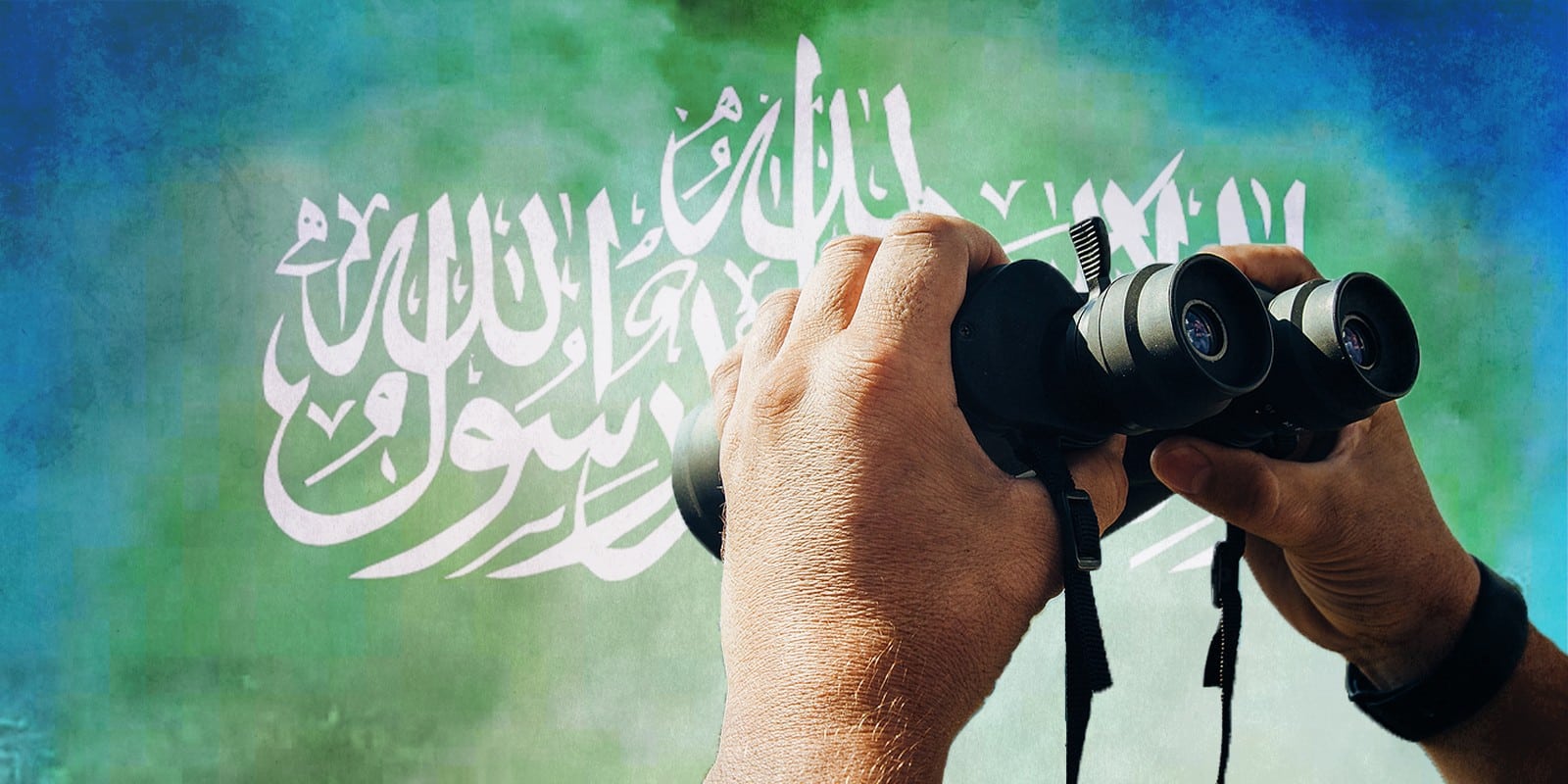

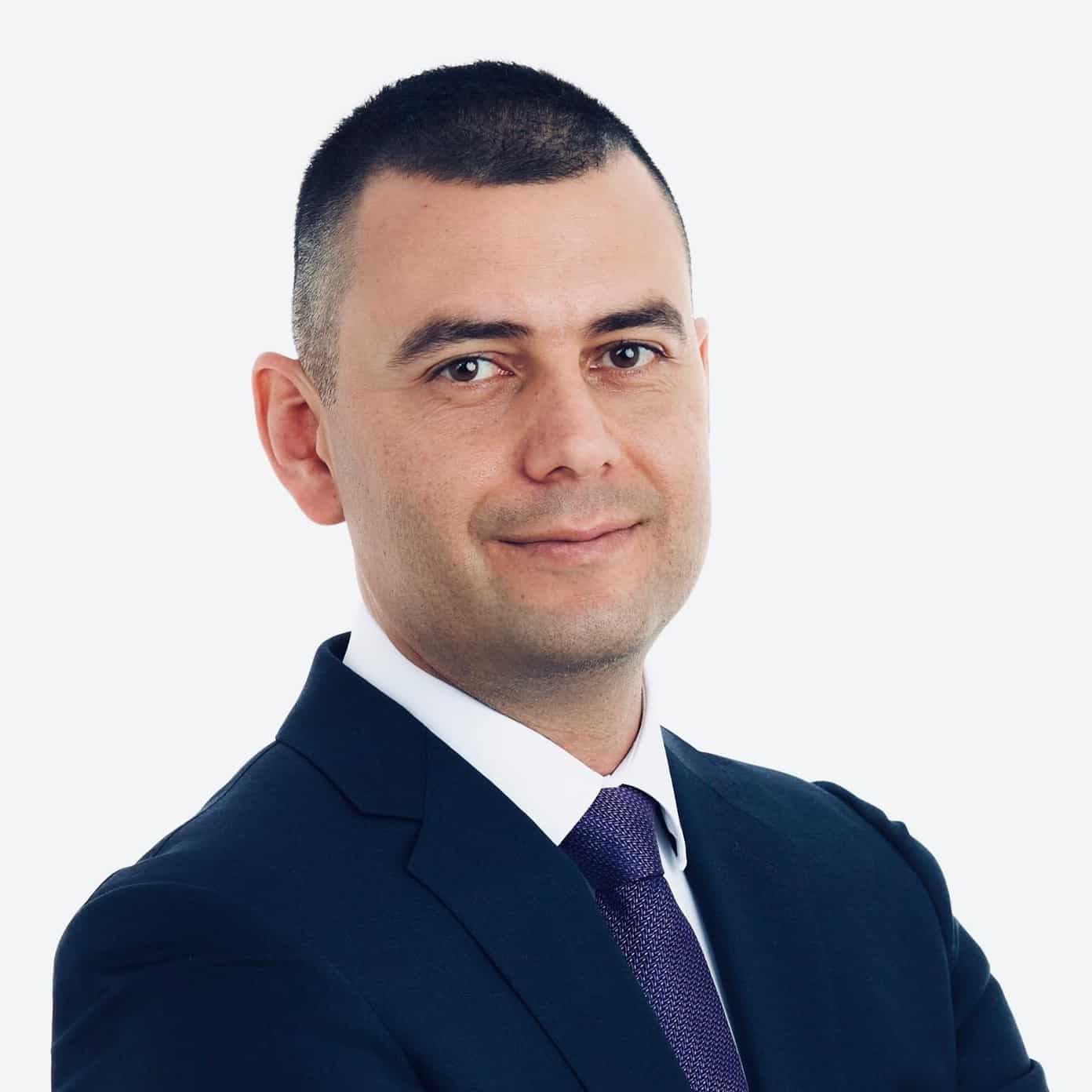
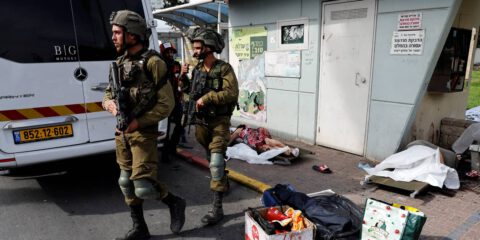

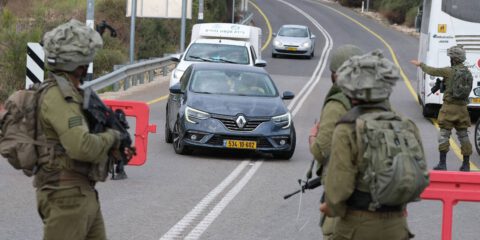

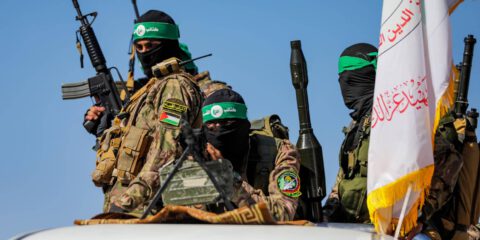

 - בניית אתרים
- בניית אתרים